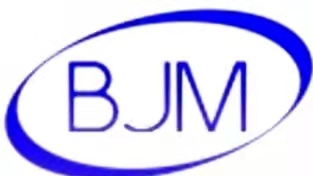- Product Details
Keywords
- 367-93-1
- IPTG
- Isopropyl-beta-D-thiogalactopyranoside
Quick Details
- ProName: IPTG CAS No: 367-93-1 Isopropyl-beta-...
- CasNo: 367-93-1
- Molecular Formula: C9H18O5S
- Appearance: White crystalline powder
- Application: galactosidase substrate, biochemical ...
- DeliveryTime: 1-7 workdays after payment
- PackAge: NW 1kg/foil bag; 20-25kg/drum or carto...
- Port: Shanghai /Wuhan/ any other ports in Ch...
- ProductionCapacity: 3 Metric Ton/Month
- Purity: 99.0%min
- Storage: room tempreture, keep closed
- Transportation: By sea / air / courier , according to ...
- LimitNum: 1 Kilogram
- Moisture Content: 0.5%min
- Impurity: 0.5%min
Superiority
We have two factories in Dezhou , Shandong and Xianning, Hubei. The factory covers an area of 48,000 square meters with the building area of 26,000 square meters. We are specialized in the manufacture of pharmaceutical intermediates and cosmetic additives with good inspection equipments and innovative R & D capability.
- We manufacturer this product for more than10 years
- We are the TOP5 enterprises in the industry
- Our product quality is TOP3 in the industry
- Our capacity is 15 - 20 tons per month
- We pay more attention on delivery time, and usually ship on time.
- We cooperate with many Korea , India , Europe customers, and enjoy good reputations.
Details
IPTG CAS No: 367-93-1 Isopropyl-beta-D-thiogalactopyranoside
Product Name:IPTG
Product number:BJM-000
CAS:367-93-1
Molecular formula: C9H18O5S
Molecular weight:238.3
Content:99.0%min
Synonyms:1-ISOPROPYL-BETA-D-1-THIOGALACTO PYRANOSIDE
CAS No:367-93-1
Property:white powder, soluble in water is clear and colourless liquid,Freezing preservation temperature: 2-8
° C, make good save in - 20 ° C, after a month can be placed at room temperature.Induced the expression of exogenous gene, widely used in prokaryotic expression system, make its expression quantity increased, product stability, is easy to identify, the advantages of easy purification.
Assay:99.0%min
Application: galactosidase substrate, biochemical reagent


 Premiumsupplier
Premiumsupplier 



